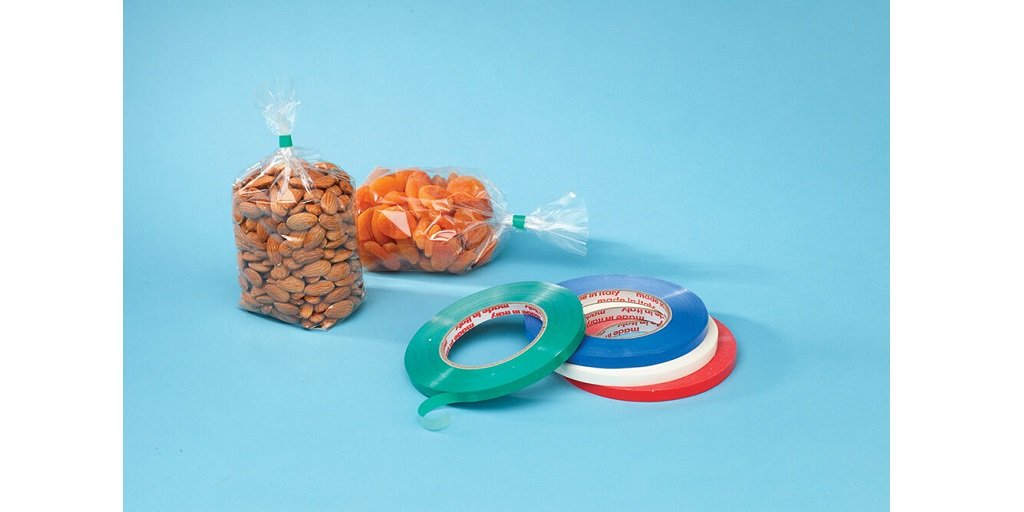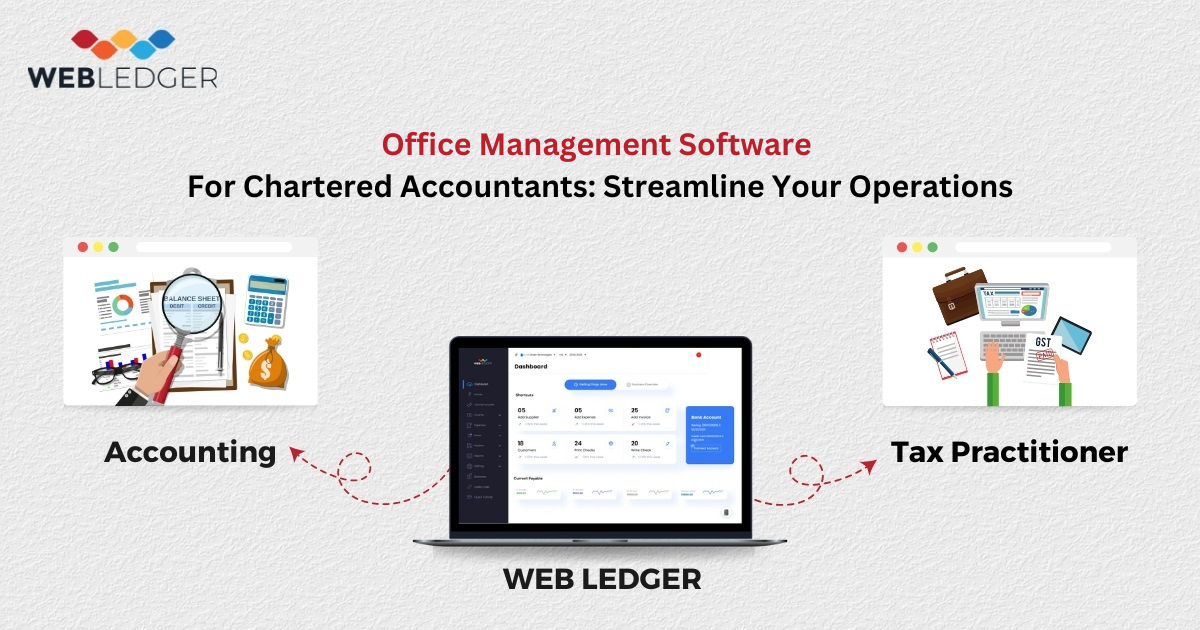Operating a retail business involves a lot of daily tasks and responsibilities. One of the most important – but often overlooked – aspects of retail management is waste management.
Retailers generate a lot of waste, from packaging to unsold merchandise. If not managed properly, this waste can have a negative impact on the environment and the bottom line.
Fortunately, there are a number of ways in which retailers can reduce waste and create a comprehensive waste management system. Here are some of the most effective ways to do so.
Encouraging Customers to Recycle
One of the best ways to manage waste in the retail industry is to encourage customers to recycle their shopping bags. Retailers could promote reusable packaging and encourage customers to recycle old and used packaging materials from their store.
Some retail stores are exploring different materials they could offer customers to pack their food. They are exploring reusable or compostable materials that can be recycled. Given such options, many customers prefer using recycled materials.
Implement a Waste Segregation System
Implementing a waste segregation system can help retailers manage their waste. They can set aside plastics, glass, and organic waste. These can significantly cut down on waste, especially when using affordable and recyclable wholesale trash bags.
Segregation allows a retail business to review all materials that are considered waste and send them for recycling or to a landfill. Most retail companies that segregate waste send packing materials to be recycled, and use wholesale trash bags for proper disposal of organic waste.
Reduce the Amount of Packing Materials Used
It’s quite normal for some real stores to make their packaging unique and special, but sometimes it becomes more of a problem when buyers take these packaging materials home and then throw them away.
Retailers can reduce the amount of packaging they use or ask buyers to bring their own shopping bags. If they have to pack large items, retailers can use them to deliver the items and then ask the customer to take away the packaging used for their item.
Doing this allows retailers to use the packaging material, while providing customers a service that they will appreciate.
Create a Comprehensive Waste Management System
In order to effectively control waste in retail stores, a comprehensive waste management system must be put into place. This system should include procedures for handling all types of waste, from hazardous materials to food waste. It should also include a way to track and report on the waste that is generated.
Waste management systems can be costly to implement, but the benefits far outweigh the costs. Controlling waste allows retail stores to save money, reduce environmental impact, and improve their overall operations.
There are a number of different components to a comprehensive waste management system, including:
- Collection: All waste must be collected and stored in a designated area until it can be disposed of.
- Segregation: All waste should be segregated to recyclable, organic or reusable waste.
- Transportation: Once waste has been collected, it must be transported to a disposal facility.
- Disposal: Waste must be disposed of in an appropriate manner, such as recycling, incineration, or landfill.
A comprehensive waste management system will help to control waste in a retail store and ensure that it is disposed of properly. With such measures in place, retailers can not only reduce their waste disposal costs, but also help to protect the environment.
The need for effective retail waste management has never been greater. With the ever- increasing cost of waste disposal, coupled with the growing public concern over the environmental impact of waste, it is imperative that retailers take steps to reduce the amount of waste they produce.
For More Information about Flat Poly Bags On Rolls and Medical Specimen Bags Please Visit : Edco Source



